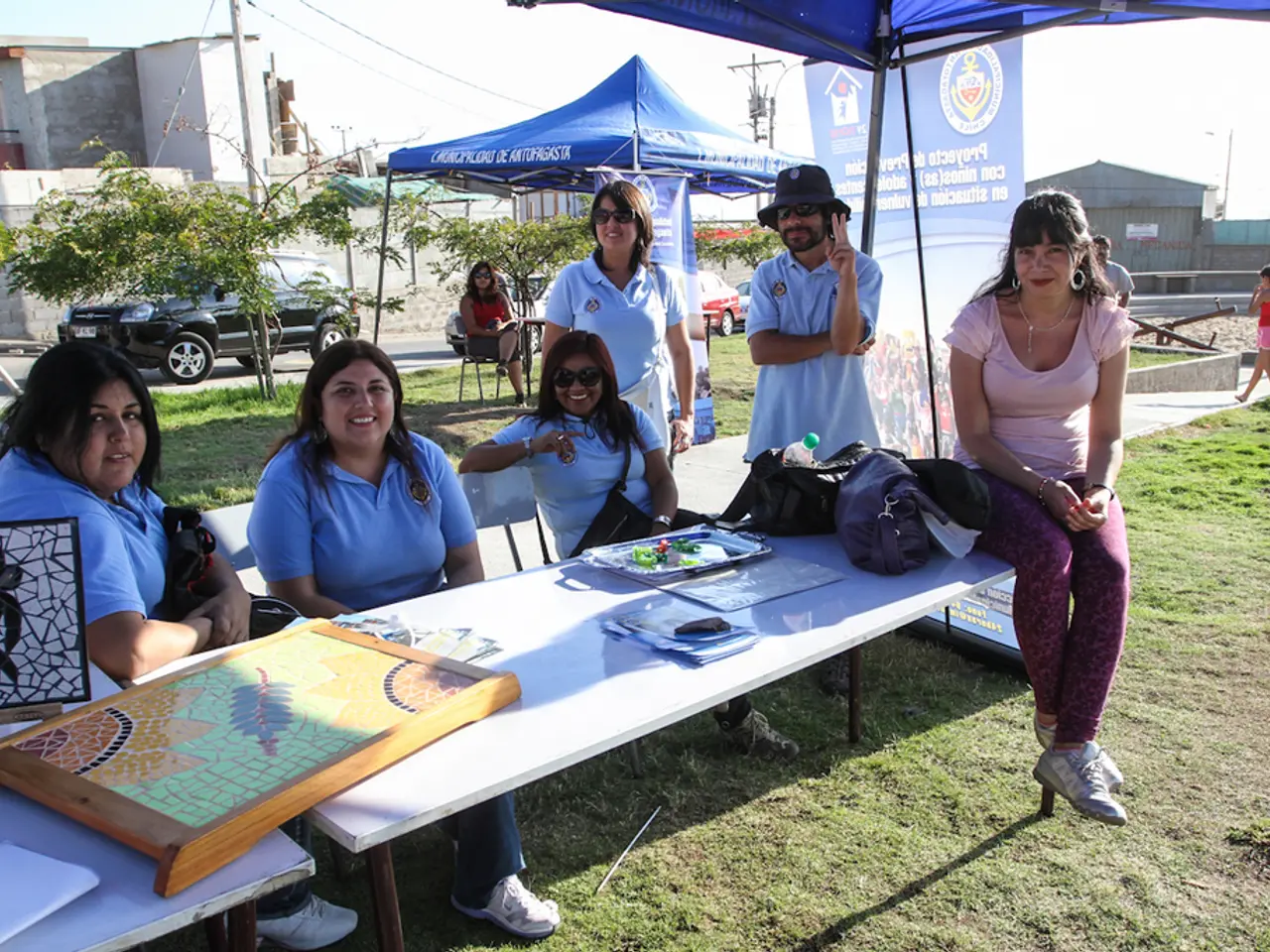Life's Uncertainty Confirmed in Tottenham Report: What's Always Guaranteed?
The UK government is currently considering a significant shift in the taxation of gambling, with a focus on simplifying the current system rather than increasing or decreasing tax rates. However, some policymakers and think tanks, such as the Institute for Public Policy Research (IPPR), are pushing for substantial tax hikes on gambling activities.
In 2005, when Gordon Brown was Chancellor, the Gambling Act liberalised the UK market. Now, Brown, the former UK prime minister, supports the IPPR's proposal for increased gambling taxes, citing tax regimes in other jurisdictions like the Netherlands, Austria, Pennsylvania, and Delaware as evidence that a 50% rate would not undermine commercial viability.
The IPPR's proposed tax increases aim to raise £3 billion ($4 billion) to address child poverty. The general betting duty would be increased to 25%, while remote-gaming and machine-gaming duties would be increased to 50% each. Despite conceding a potential risk, the IPPR suggests that the impact on black markets would need "monitoring".
However, the gambling industry, including horse racing and betting councils, strongly opposes these steep tax increases. They warn that higher taxes could harm the sector economically, potentially leading to job losses and damaging local economies. Industry representatives and some MPs argue that the current gambling sector provides billions in taxes, jobs, and sponsorship to sporting and social causes.
Polling by the Social Market Foundation in October 2024 suggested that doubling taxes on gambling companies is a popular policy among the public. Yet, there is little robust evidence to suggest that altering the rate of taxation would drive people to the illegal market, according to the IPPR. They believe that stronger regulation would not drive large numbers of people to the illegal market.
The BGC has rejected the IPPR's proposals as "reckless" and "misleading". For Chancellor Rachel Reeves to ignore the IPPR's call to alleviate poverty would be difficult. It seems unlikely that gambling firms will not be hit with tax increases, but it may be some time before reforms can be enacted.
This situation reflects a policy debate balancing fiscal/social objectives against economic and industry considerations, with final decisions pending further consultation and possibly the autumn budget. Recently, gambling shares have plummeted by £4 billion due to fears of a tax raid on gambling operators in the forthcoming autumn budget.
[1]: URL for the government's consultation on the Remote Betting and Gaming Duty (RBGD) [2]: URL for the IPPR's report on gambling taxation [3]: URL for the polling data by the Social Market Foundation [4]: URL for the BGC's statement on the IPPR's proposals [5]: URL for the government's statement on the RBGD and the ongoing consultation.
Read also:
- NFL Transfers Ownership of NFL Network and Related Media Properties for a 10% Equity Share in ESPN
- UK Gaming Tax Overhaul: Sector Faces Pivotal Challenge in Adjusting to Revised Fiscal Guidelines
- Thai administration endorses casino legalization, imposing safeguards
- Media is implored to cease the promotion of gambling websites that lack regulatory oversight, as per AGCO's recommendation.








